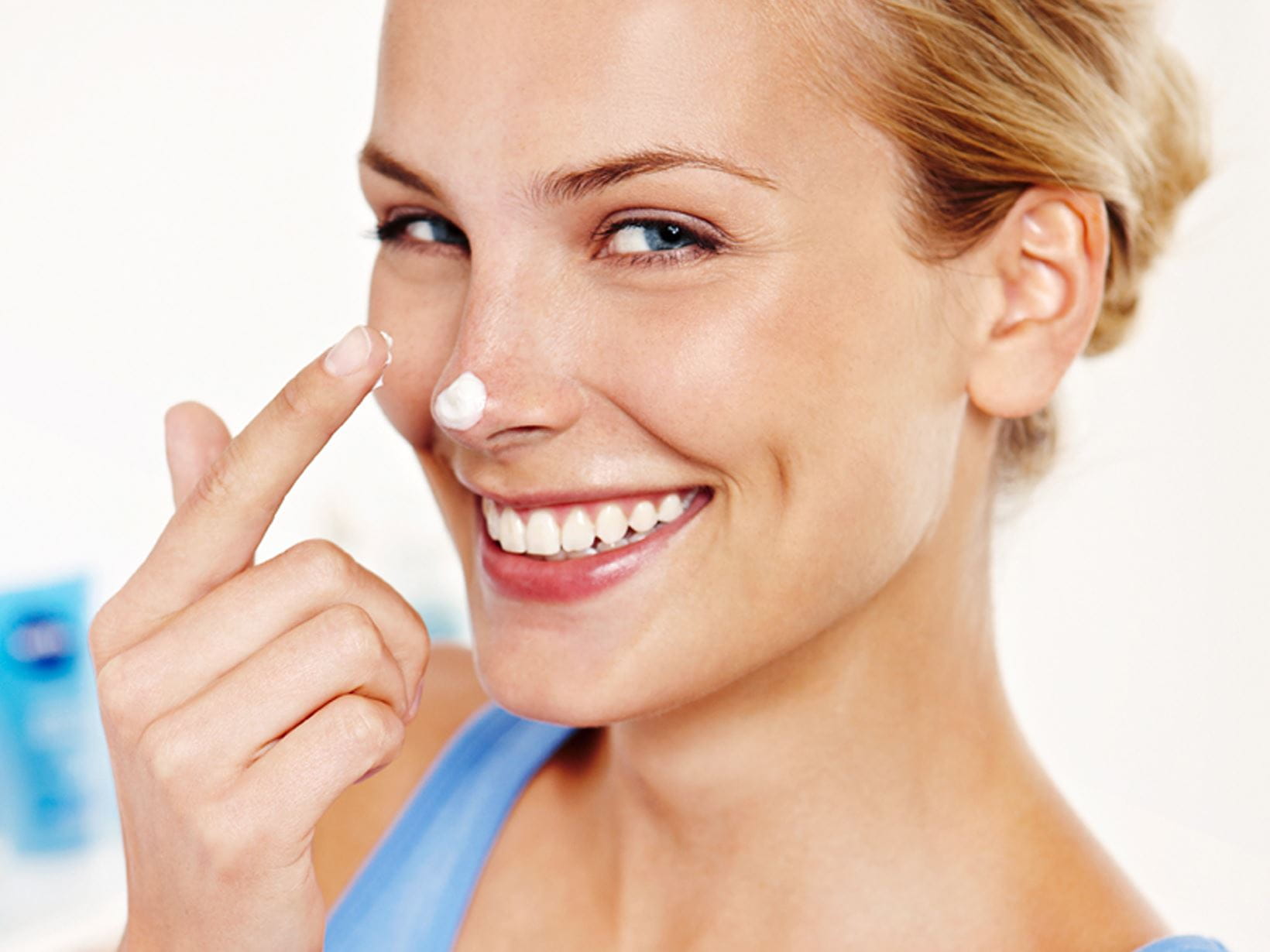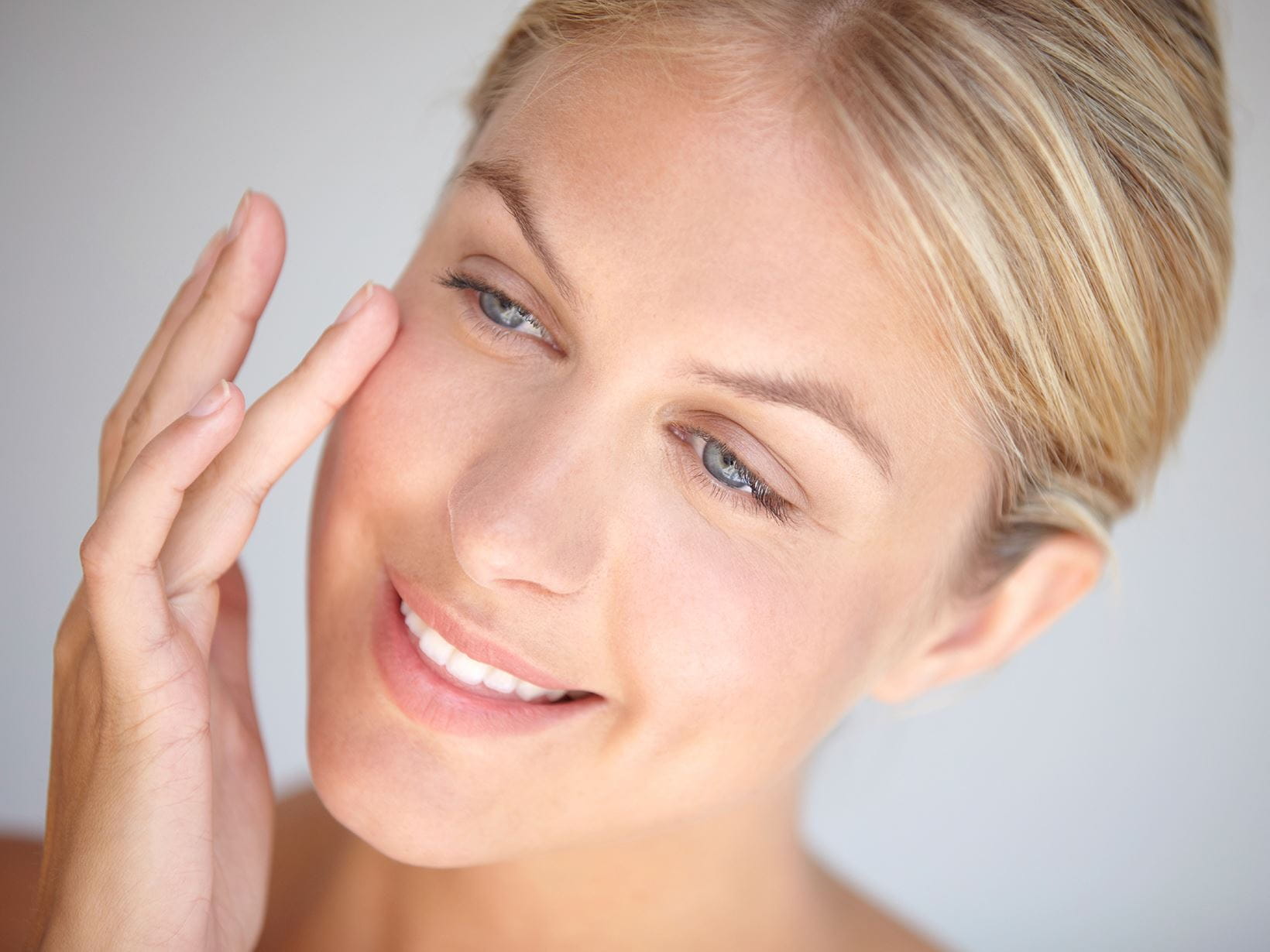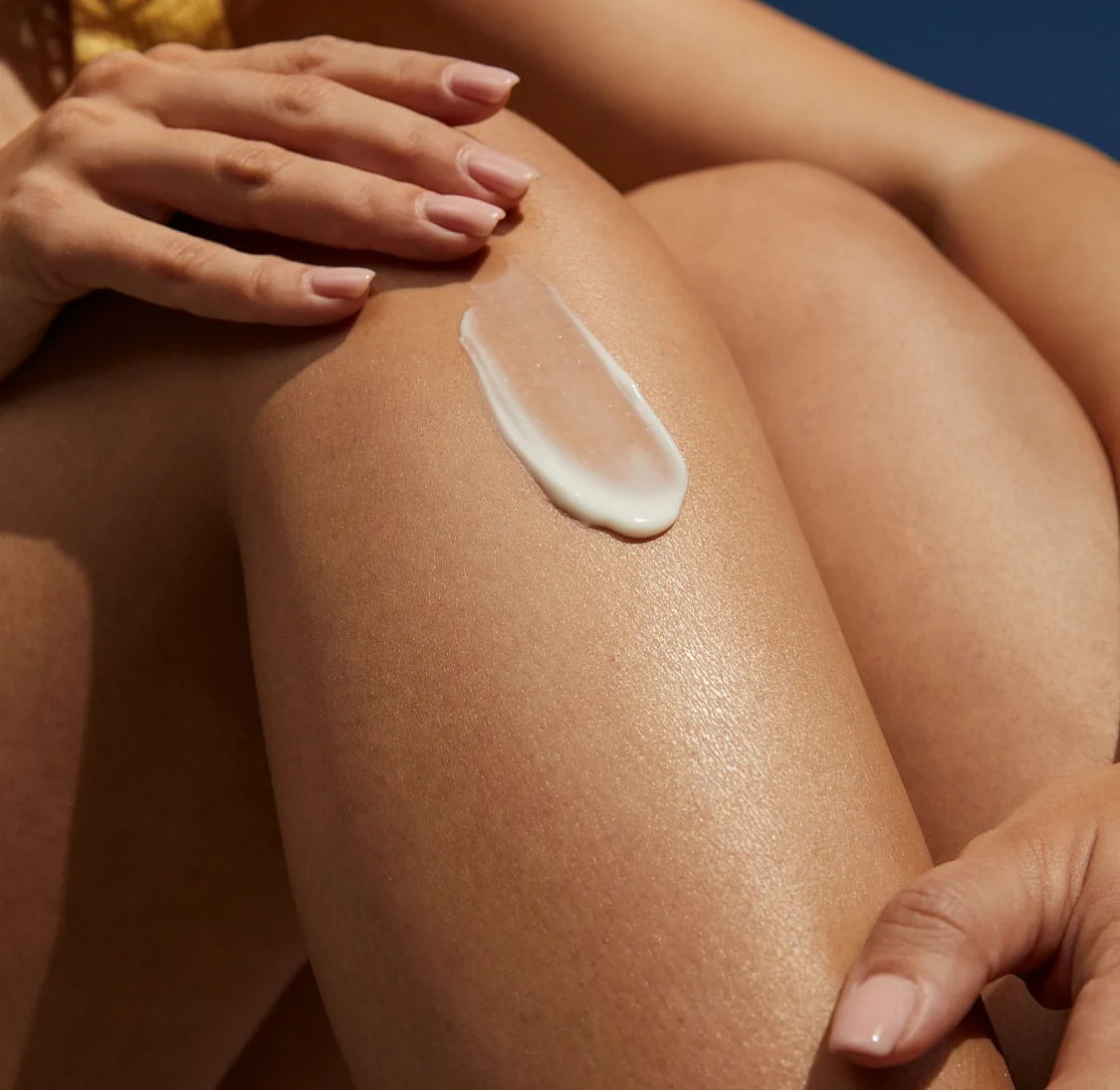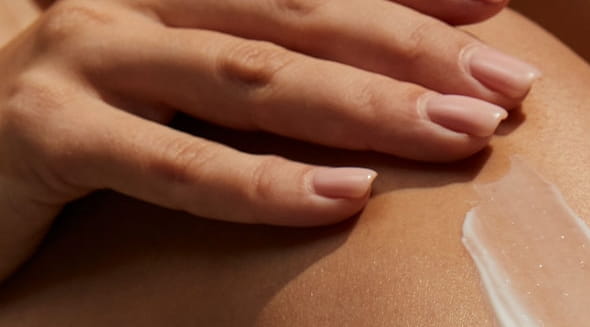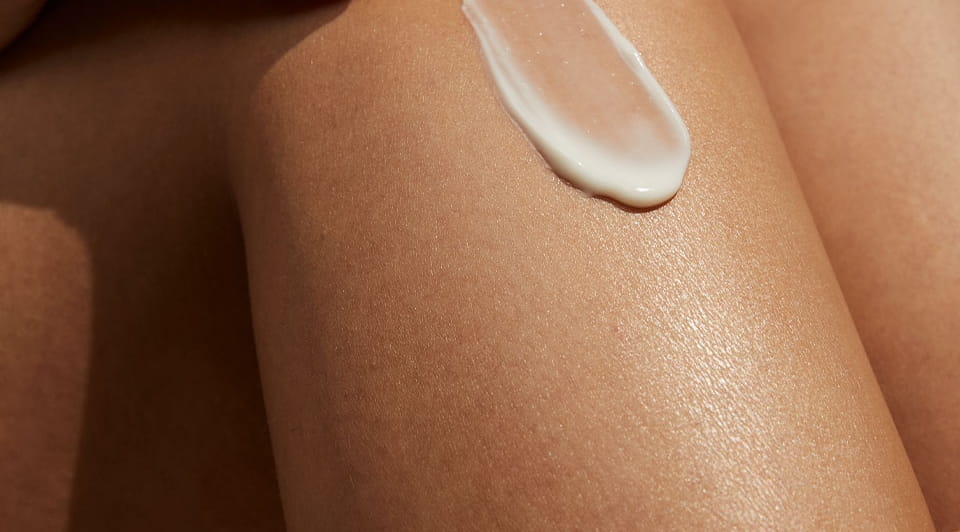
What skin type are you?
EVERYTHING YOU NEED TO KNOW ABOUT YOUR PERSONAL FACIAL CARE
Combination skin or dry skin? Normal, blemished or sensitive skin? Every skin type has different characteristics. You’ll find all the important information to allow you to find out your skin type here.
Skincare depends on your skin type!
It’s important to know your own skin type so that you can optimally care for your skin. This isn’t always easy, as everyone’s skin is different and changes over time. However, skin can be categorised based on five types. Find out your skin type!
Care? It’s all down to your skin type!
Different skin types have different needs. And some require more care and attention than others. This includes blemished and sensitive skin, for example.
Retain your youthful appearance!
As you get older, your skin’s requirements change. Many external factors influence the ageing process, but the reduced activity of the skin cells also leaves its mark. With the right care, you can keep your youthful appearance for longer.

